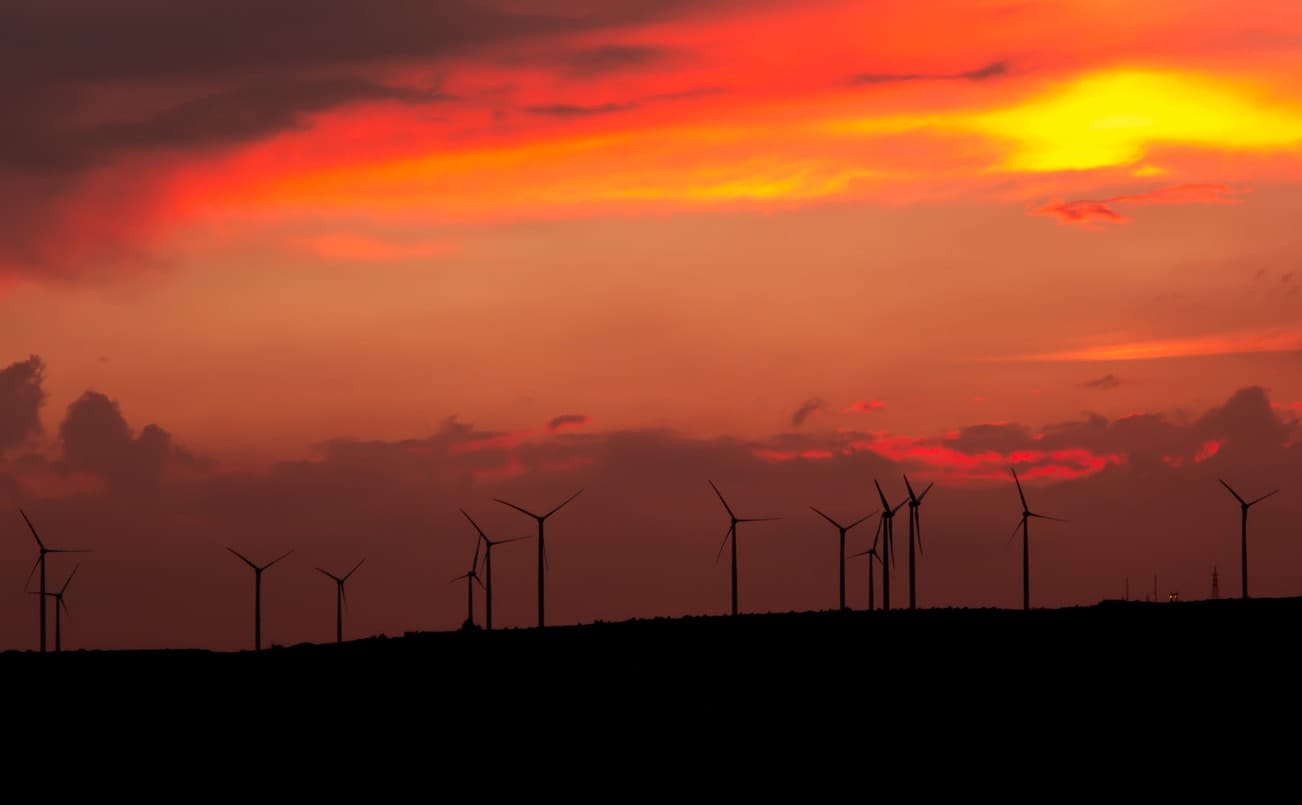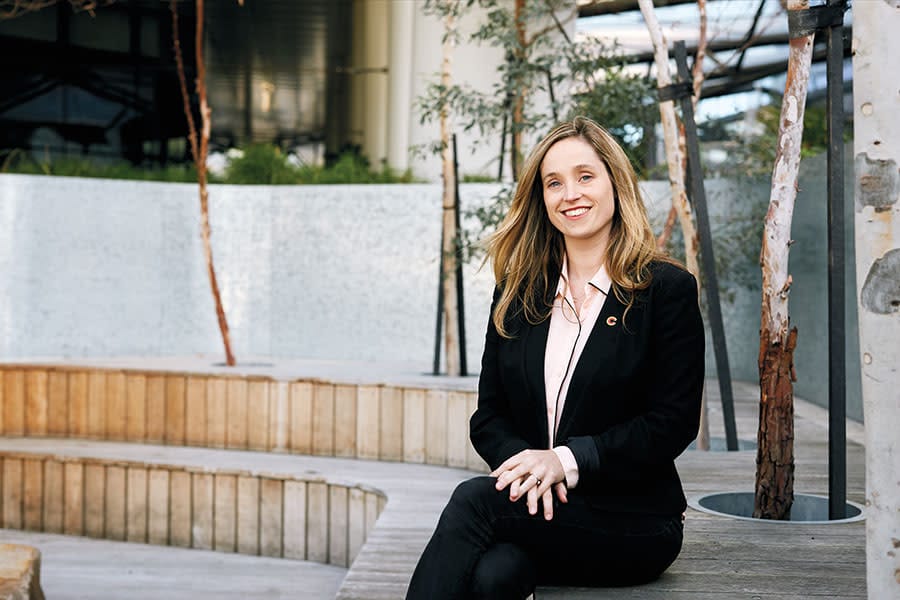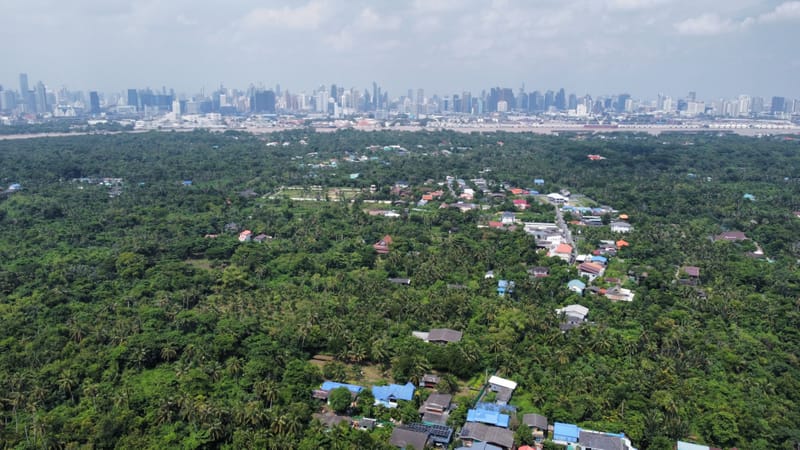
Amanda McKenzie was just six years old when she first read the words ‘climate change’. She was tucked away in a library, flicking through the pages of an encyclopaedia, when the phrase caught her eye.
Back then, in 1989, that future scenario was described as a relatively distant one. Even so, what she read frightened her. She quickly closed the book and reached for something less scary.
This story might have ended there, but young McKenzie wasn’t one to shy away from confrontational issues. Which is a good thing, because now her position as CEO of the Climate Council places her on the frontline of the climate wars between those who accept the science and urgency of climate change, and those who deny it.
“I wrote down a list of the things I needed to do by the time I was 30, and the first one was ‘Save the world from environmental pollution’.
“When I learned more about climate change, it cemented it as an issue that affects our natural environment, affects people and affects a lot of the social justice issues that I care about,” McKenzie says. “This has to be the issue that I work on.”
However, it wasn’t a straight-forward path. McKenzie began her university studies in arts and science, with the goal of solving environmental problems “by inventing things”. But it became clear to her this wasn’t the right direction, so she moved to Monash University to study law.
Her intention was to become a human rights lawyer and work for the United Nations: “I thought the law could be a great tool, whether at a policy level through legislation or through the courts,” she says.
One life
McKenzie laughs at the observation that she wasn’t short on ambition, even from a young age. “I always had the attitude that you get this one precious life, so how can you have the most possible impact,” she explains.

She remembers a trip to Byron Bay, sitting on a beach by herself and contemplating her future. “I wrote down a list of the things I needed to do by the time I was 30, and the first one was ‘Save the world from environmental pollution’,” McKenzie says. She’s slightly chagrined that she hasn’t achieved that – yet – but acknowledges that giving herself just 12 years to conquer that mountain was a little too ambitious, even for her.
While studying for her law degree in 2005, McKenzie was inspired to take the first significant step towards achieving some of these grand ambitions. She and her sister founded the Australian Climate Change Education Network, which organised talks on climate change at schools and universities.
A year later, that organisation combined with others to create the Australian Youth Climate Coalition. This group was created in recognition that young people were going to be most affected by climate change, and they urgently needed a voice at the national and international level.
McKenzie and her colleagues were Australia’s first youth delegation at the United Nations Framework Convention on Climate Change summit in Kyoto in 1997. It was the start of so much; those young attendees have since gone on to become some of Australia’s – and the world’s – leading climate advocates.
“What I didn’t anticipate, when I started the Australian Youth Climate Coalition, was that creating opportunities for young people to cut their teeth on challenging political issues allowed them to grow quickly,” McKenzie says.
Soon, however, she had to ‘retire’ from the youth-led organisation and so moved into a communications role at what was then the Climate Commission – a government body charged with providing accurate information to the public on climate issues.
Leading voice
The organisation’s shock axing two years later when the Abbott-led Coalition government came to national power was swiftly followed by one of the most successful crowdfunding campaigns in Australian history. Over 10 days, the resurrected and renamed Climate Council raised $1.3 million to continue its work independently, with McKenzie at the helm as CEO.
Today, the Climate Council runs a number of initiatives, all with the aim of ensuring the conversation about the climate crisis and climate action is evidence-based. One of these is the Climate Media Centre, which provides a platform for a diverse range of frontline voices – such as farmers, doctors, firefighters and solar panel installers – to speak on climate issues.
“The public wants action and is deeply concerned about climate change, but the hostility continues at the political level.”
“That has been really critical in having a more diverse range of voices, moving away from just having the policy wonks and the politicians to, ‘Actually, this is a really important local issue for you in your community’,” McKenzie says. A similar initiative provides a means for emergency service leaders – who are all-too-familiar with the current and future impact of global warming – to advocate for climate action.
These and other initiatives have led to the Climate Council being the leading voice on climate change nationally, reaching millions of Australians each year.
Read more: ClimateWorks: Leading the way to global emissions reductions
The wins have been hard-fought, particularly in an unwelcoming and sometimes openly hostile political environment. “The public wants action and is deeply concerned about climate change, but the hostility continues at the political level,” McKenzie says.
At the grassroots, the Climate Council has had success working with state and local governments – for example, on the Cities Power Partnership of a hundred local governments working to increase renewables uptake, tackle emissions, introduce electric vehicles and other measures.
Despite the setbacks and challenges, McKenzie’s childhood desire to help those likely to suffer the worst effects of climate change shows no sign of waning.
“I’ve always felt driven by an imperative that I can really see the consequences of what will happen if we don’t tackle this issue adequately.”





